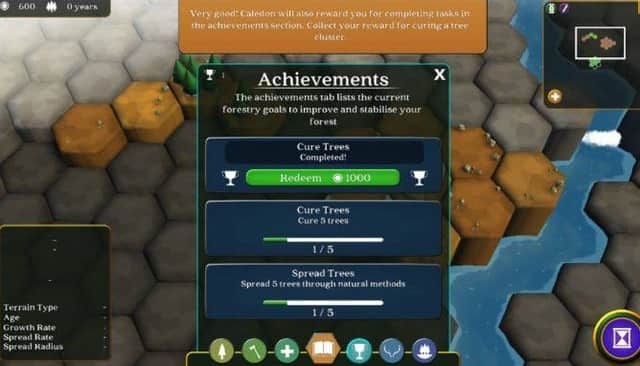Online challenge could be a game changer when it comes to saving trees


Trees are often taken for granted as the backdrop and furniture of everyday life. It is ironic that few of us truly notice them until they are gone. I experienced this at a young age. Growing up in the 1970s I witnessed the rapid demise of elms to Dutch elm disease. The fungus swept north through Britain from the south coast. The outcome was perhaps the worst loss of trees in living memory. The number of trees killed stands somewhere between 25 and 75 million.
All too often history repeats itself. We need to learn lessons from the Dutch elm disease epidemic and we need to learn them fast. Since the 1970s we have had an ever-growing number of tree pests and diseases arriving on our shores. Dutch elm disease arrived on infected timber at south coast ports. Trade was vital in creating the problem as it brought distinct strains of the disease into contact for the first time and these crossed to produce a new and highly aggressive form.
Advertisement
Hide AdAdvertisement
Hide AdShould we shut down trade to protect our trees? No. We can’t ignore globalisation if we value shared prosperity. We do need to reduce risks as much as possible, be vigilant and adopt strategies of forest and tree management that encourage resilience. This is why the new computer game, Caledon, is so important. Switching-on youngsters to the need for action and showing them ways we can enable trees and forests to withstand future threats is now a priority. Too often tree health is portrayed as a disaster waiting to happen. The truth is more nuanced. In nature the diversity of species and genes means populations cope with, and bounce back from, attack. We need to acknowledge and work with the natural processes that keep trees healthy. We need to help nature to help itself.
Our forestry is heavily reliant on single species plantations. This is essentially putting all your eggs in what you hope will be one highly productive basket. Unfortunately, this is also an ideal incubator for pests and diseases. The solution is diversity, and Caledon is designed to get across that message.
Educational games, or “games with a purpose”, are a growing genre, but it is all too easy for such games to lose the fun factor. The best ones maintain a balance of reality, meaning and play. Here, the player is a forest manager responsible for keeping a forest healthy and productive. The game takes the form of a forest simulation and survival strategy. The difference is that the “survival” element is about the trees and not the player.
All the information needed to make informed decisions is built into an encyclopaedia. After each turn tips are presented that will help players improve. The greatest learning potential is likely to be within an educational setting, so Caledon is being promoted to secondary school teachers and has been linked to the Curriculum for Excellence.
Today a small number of scientists are battling a growing number of tree health problems. By combining gaming with education, to educate widely, as well as to encourage a new generation of plant health scientists, we can have hope for the future.
Caledon can be played online at www.rbge.org.uk/caledon and is also available for iPad. Dr Max Coleman is Science Communicator at the Royal Botanic Garden Edinburgh